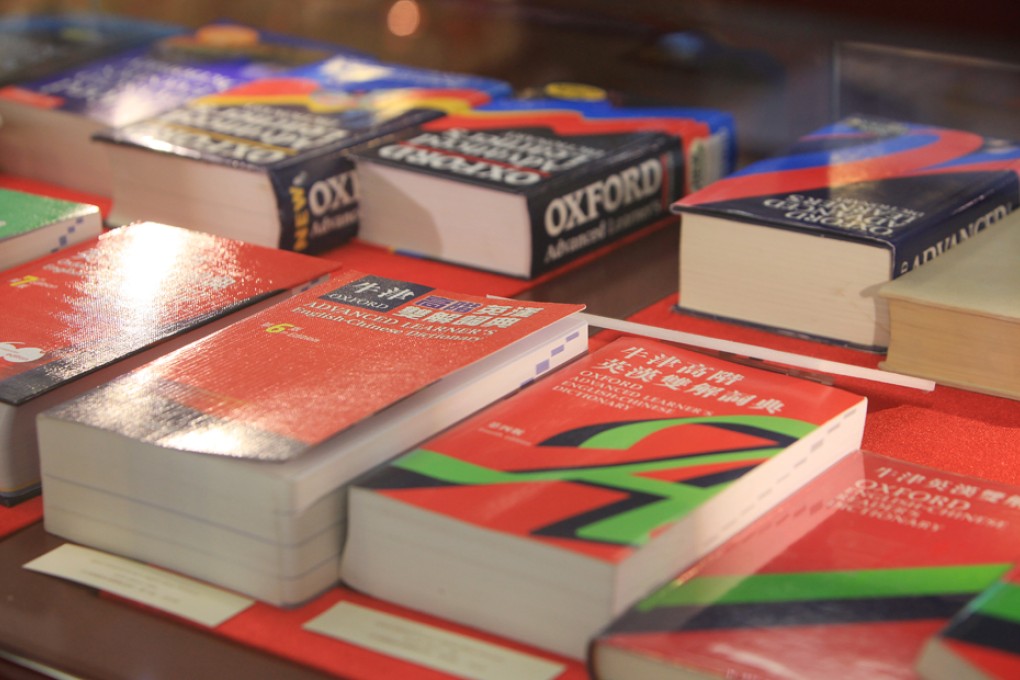Dictionary listing of 'Hongkonger' is far from being last word on subject
The inclusion of new words in dictionaries invariably generates talking points. The sensation triggered by the social media buzzword "selfie" last year is an example. Even though the word was not yet officially accepted, it did not stop the Oxford English Dictionary from naming it word of the year.

The inclusion of new words in dictionaries invariably generates talking points. The sensation triggered by the social media buzzword "selfie" last year is an example. Even though the word was not yet officially accepted, it did not stop the Oxford English Dictionary from naming it word of the year.
So when Hong Kong has something to offer for the world's leading authority of the English language, it arouses a great deal of interest. For the first time, the terms "Hongkonger", "Hong Kongese" and "Hong Kong Chinese" have made it into the dictionary, along with 900 other words in its quarterly update.
The entries have, unsurprisingly, unleashed a wealth of interpretations, some of which are loaded with political overtones. The inclusion, one lawmaker said, was definitely prompted by what she called the "anti-mainlandisation" campaign in the city. Others said it showed Hong Kong's local identity had been recognised on the international stage.
There is no dispute that Hong Kong's self-identity has always been strong. Under colonial rule, the people felt they were Hongkongers rather than British. The handover has renewed their Chinese identify, though the emphasis on preserving our systems and way of life means many still first think of themselves as Hongkongers or Hong Kong Chinese.
It is true that recent tension arising from mainland integration has made international headlines. But it remains unclear whether the words have earned their place in the dictionary as a result.
Word entries are governed by established policies, taking into account factors like the speed and the scale with which the words are used over a period of time.